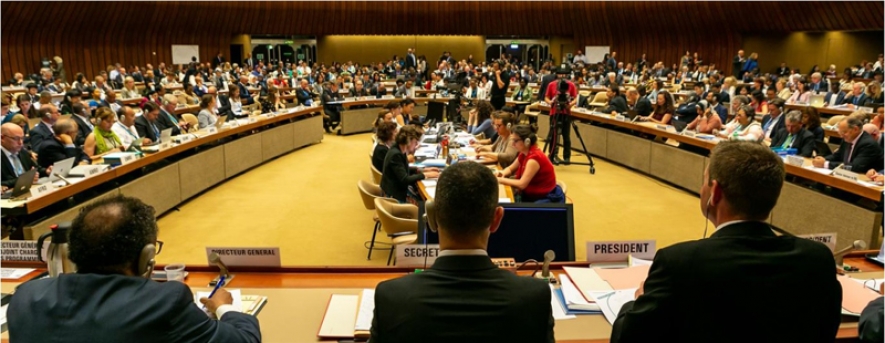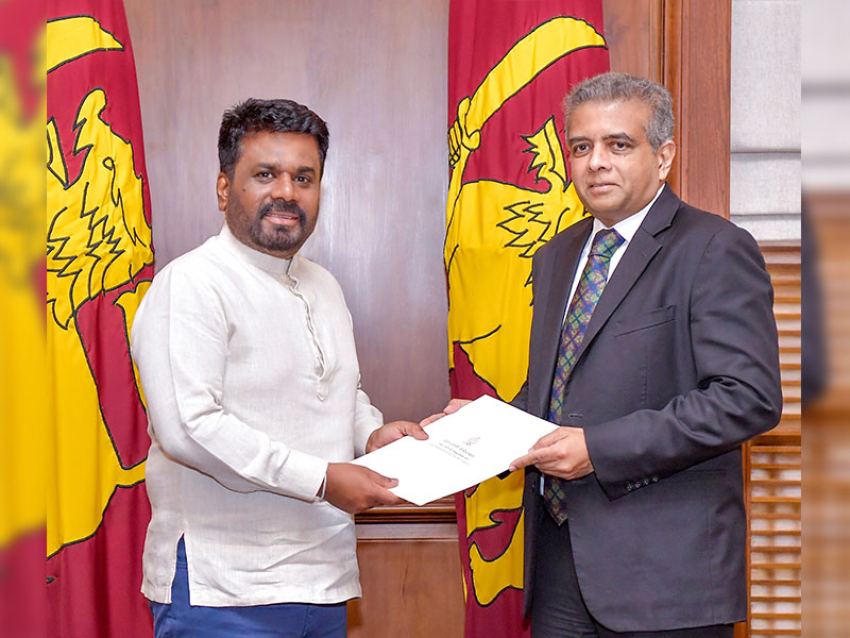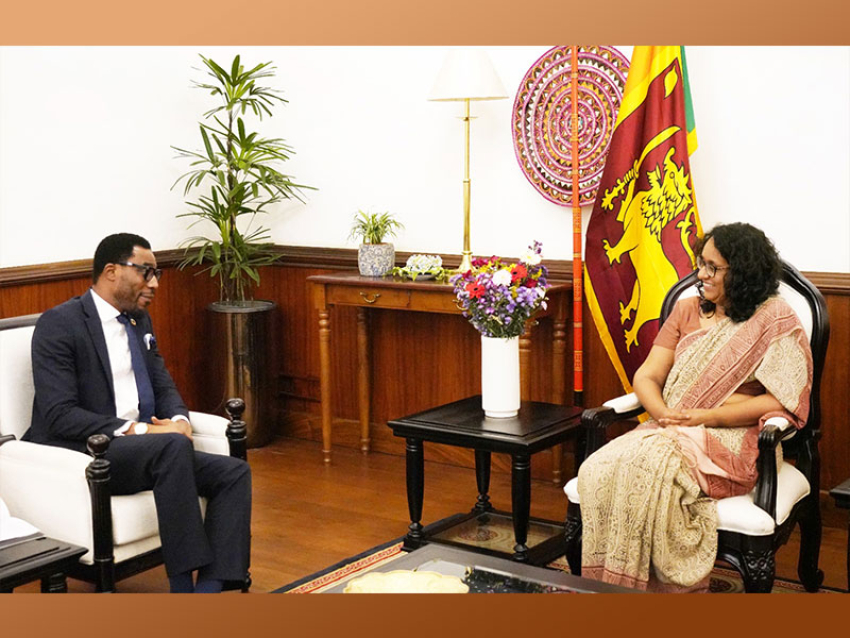Addressing the 71st World Health Assembly now taking place in Geneva, he stated that having understood the challenges in doing so, Sri Lankan Government is now ready to take the health care delivery system through a much needed reform process that will further improve access and coverage for the pressing health needs of non-communicable diseases, elderly, injuries, mental health, cancer, nutrition related challenges and the emerging communicable diseases.
Minister Senaratne pointed out that meanwhile, the good health outcomes achieved in maternal and child health care and communicable diseases such as elimination of malaria, Filariasis and maintaining a low prevalence for HIV, will be extended and broad based through the planned reorganization of the health care delivery system. Sri Lanka has taken measures for controlling Tobacco smoking by introducing 80 percent pictorial warning, 90 percent taxation of tobacco products, banning the sale of tobacco products around a 100 meter radius from schools, smoking in public places and advertising in mass media and in public places, while measures are also being taken to introduce plain packaging and a ban on single stick sales.
We have successfully introduced a Traffic Light system and a tax scheme for sugar sweetened beverages soon to be introduced to several other food items including selected snack foods. Such a scheme will be introduced for salt and trans fats shortly. We note that much more effort needs to go into controlling the abuse of Alcohol. I think this is a regional problem as well, the Minister said. "We note that Human resources in health will be a critical factor for our progress. Our health service is manned by close to 135,000 health care personnel (17,000 doctors, 32,000 nurses and rest paramedical). We need to do an in-depth study of the skills and numbers required in different cadres in keeping with what we envisage for primary care strengthening. Whilst we indeed need the technical support for such analysis, we also need to strengthen HR policy and strategic functions that would be mainstreamed within our organisation", said the Minister.
"We consider Migrants, both inbound and outbound as being vulnerable. We very recently entered into a partnership with the International Organisation for Migration which will establish a Health Assessment programme for inbound long stay visa applicants. The Health assessment is intended to link those with TB, HIV, Malaria and Filariasis, with our national control programmes. This will ensure them with treatment and will also protect public health in our country. Similarly, national guidelines prepared for pre departure health assessments for our own citizens will also ensure referral of many of those with identified health problems to our national health system to be managed free of charge", the Minister said.
"There is a continuing challenge that we have not resolved, namely, Chronic Kidney Disease of unknown aetiology. We appreciate guidance and assistance extended by WHO to improve our understanding, find solutions, a prevention strategy and improve our clinical management practices. We are also thankful for the assistance extended by the Chinese government in setting up a research centre and much needed treatment facilities and we are mindful that we have a long way to go to see a reversal of the situation for the better", the Minister concluded.



















